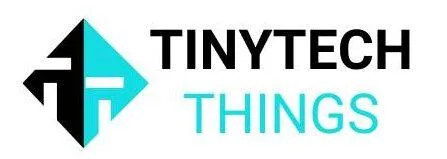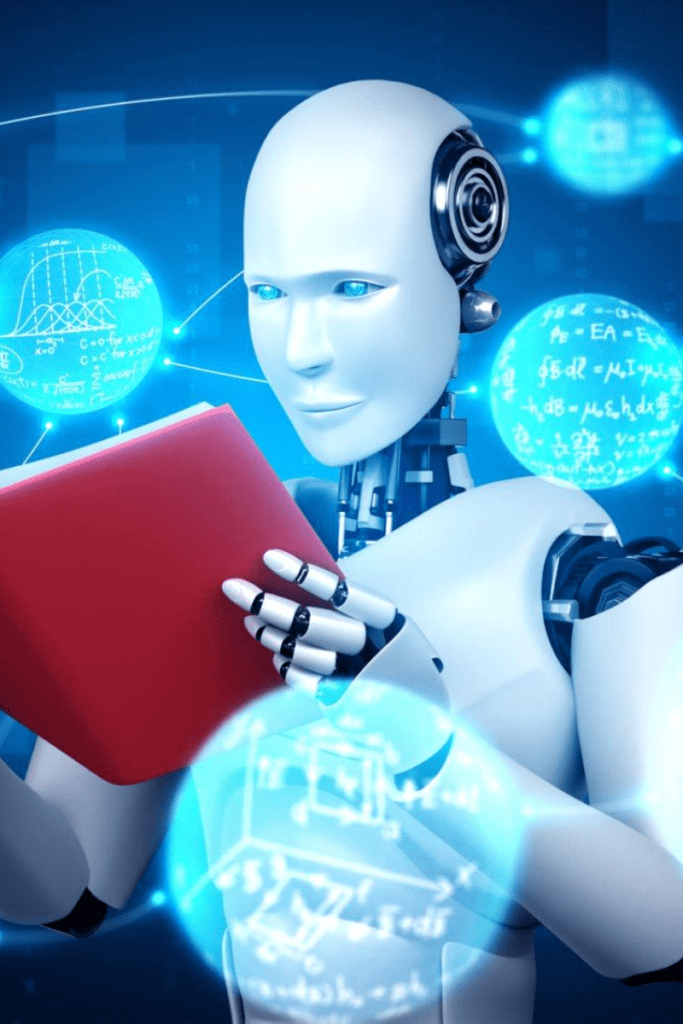Python is becoming increasingly popular in the fields of artificial intelligence (AI) and robotics, with many developers using Python libraries to create intelligent systems and machines. Here are ten Python libraries that are commonly used in AI and robotics:
1. TensorFlow: TensorFlow is a popular library for machine learning that is widely used in the development of AI systems. It allows developers to build and train neural networks, perform data analysis, and more.
2. PyTorch: PyTorch is another popular library for machine learning that is widely used in the development of AI systems. It provides a flexible and efficient framework for building and training neural networks.
3. OpenCV: OpenCV is a computer vision library that is widely used in the development of image and video processing applications. It provides a range of tools for image processing, feature detection, and more.
4. Keras: Keras is a high-level neural network library that is designed to be user-friendly and easy to use. It provides a range of tools for building and training neural networks, and it can be used with other libraries such as TensorFlow.
5. Numpy: Numpy is a library for numerical computing in Python. It provides support for large, multi-dimensional arrays and matrices, as well as a range of mathematical functions.
6. SciPy: SciPy is a library for scientific computing in Python. It provides a range of tools for optimization, integration, linear algebra, and more.
7. Scikit-learn: Scikit-learn is a library for machine learning in Python. It provides a range of tools for classification, regression, clustering, and more.
8. PyBrain: PyBrain is a library for machine learning and artificial intelligence in Python. It provides a range of tools for building and training neural networks, as well as support for reinforcement learning and unsupervised learning.
9. ROS: ROS (Robot Operating System) is a framework for building robotics software. It provides a range of tools for building and running robot applications, as well as support for hardware integration and communication.
10. Gym: Gym is a library for developing and comparing reinforcement learning algorithms. It provides a range of environments for testing and evaluating reinforcement learning algorithms, as well as support for benchmarking and analysis.





